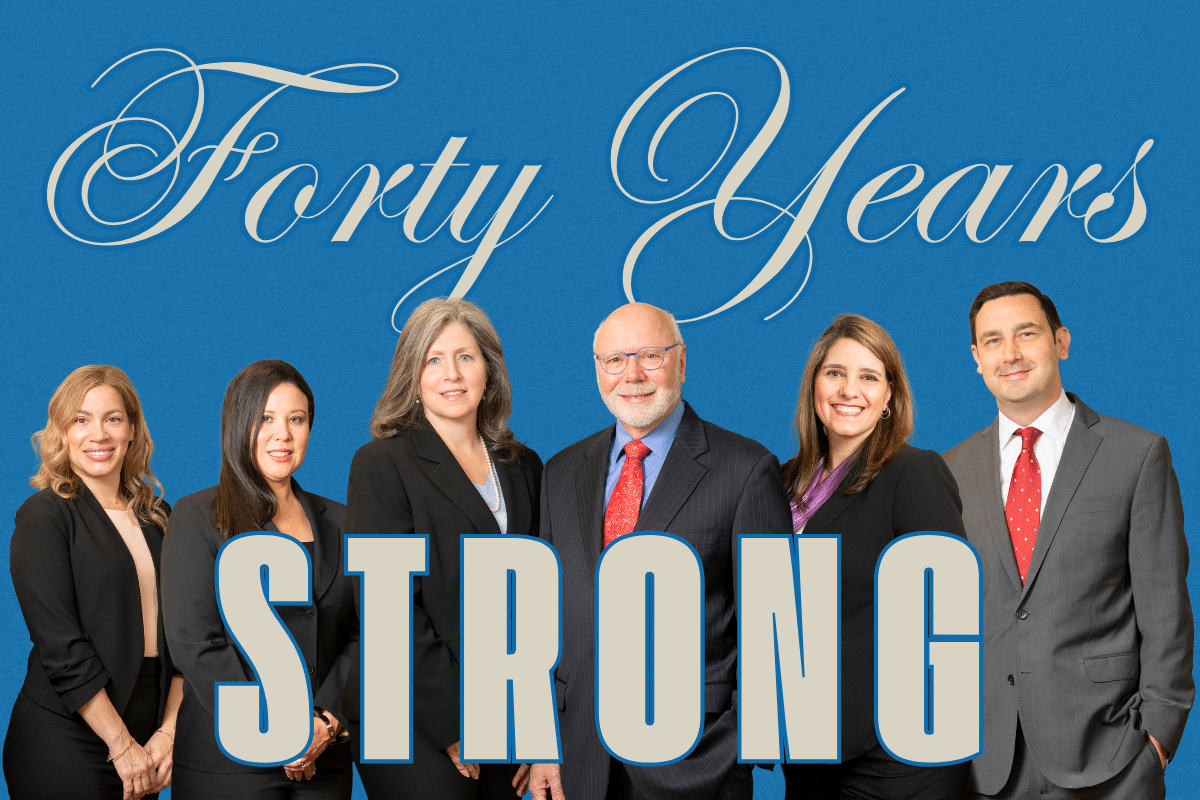Starting January 1st, 2026, more individuals with disabilities will be eligible to open tax-advantaged ABLE…
Over the past couple of years, artificial intelligence has entered the mainstream. It is receiving increased funding and attention from government and private development sources. In the world of assistive technology, artificial intelligence (AI) is proving to have significant potential to improve the lives of the disabled population.
What Is Assistive Technology?
Assistive technology (AT) is technology that supports the needs of individuals with various impairments, including physical, sensory, cognitive, or developmental disabilities, helping to enhance quality of life and independence.
Assistive technology includes everything from wheelchairs to hearing aids, screen magnifiers to prosthetic limbs.
How Artificial Intelligence Is Improving Assistive Technology
AI has great promise in improving the effectiveness of assistive technology. Some areas in which it is already enhancing the user experience are:
- AI can analyze data and readily learn from user interactions to personalize assistive technology devices for individual users, which leads to more adaptive and accurate solutions, catering to a person’s preferences.
- Speech and Language Recognition. Speech recognition, improved semantic accuracy, and converting speech into text are all increasingly possible and available due to AI.
- Eye-Tracking Technology. Eye-tracking technology allows an individual to control computers and other devices with eye movements. For those who can’t use their hands to control devices, this can improve the ease with which they can access information.
- Sensors and cameras that integrate AI are helping to detect the user’s intentions and movements, making limb control more natural and accurate.
- Data Analytics and Insights. AI processes large amounts of data generated by assistive technology devices, allowing researchers to improve future iterations of these technologies more quickly than through traditional analysis.
Role of the Special Needs Planning Attorney
Special needs planning attorneys can play a crucial role in helping individuals with disabilities access disability benefits, including those related to assistive technology. Special needs planning attorneys can provide:
- Knowledge of Available Resources. Attorneys in this area of law are knowledgeable about available resources and programs for people with disabilities.
- Assistance Applying for Benefits. A special needs planning lawyer can help assess your situation and identify the programs for which you are eligible, as well as to help you complete an application for benefits.
- Advocacy, Negotiation, and Complex Cases. Special needs planning attorneys can work with government agencies, insurers, and other relevant parties to advocate on behalf of their client. Complex cases can bring unique challenges that often require extensive documentation and expert opinions. A special needs planning lawyer can gather and present this kind of information to support a claim.
If you would like to speak with an experienced special needs planning attorney regarding your situation or have questions about something you have read, please do not hesitate to contact our office at 1 (800) 680-1717. We look forward to the opportunity to work with you.





I want to know more.
Good Afternoon and thanks for your comment. You may want to check out other reputable online Articles and Blogs for more of the latest advancements in AI and assistive tech as they become available.
Please Note: This reply is informational only and not legal advice. You should seek the services of an attorney for legal advice.
This is great,I’d like to learn more.I’m very interested in it.
Thank you for your comment and interest in assistive technology! For more information, we recommend starting with your state’s Assistive Technology Program, which can connect you to local resources, funding options, and device loan programs. You can also visit https://www.at3center.net/stateprogram to find contact information for your state’s program.
This information is provided for general purposes only and isn’t legal advice. If you’d like to talk about how assistive technology might fit into your overall planning, please contact our office.
How can I contact customer service by phone?
Thanks so much for your comment and interest in assistive technology! If you’d like to learn more about how to access AT devices or services, we recommend starting with your state’s Assistive Technology Program, which can connect you to local resources, funding options, and device loan programs.
You can also visit https://www.at3center.net/stateprogram to find contact information for your state’s program.
This information is provided for general purposes only and isn’t legal advice. If you’d like to talk about how assistive technology might fit into your overall planning, feel free to contact our office.